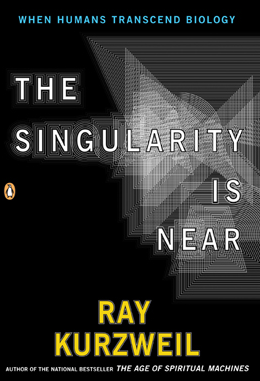Google hires Kurzweil: A look at the returns


Google has brought on futurist and artificial intelligence expert Ray Kurzweil as director of engineering and there could be some real returns on the company's high-profile hire.
In a statement, Kurzweil confirmed that he'd be joining Google. He noted that his interest in reading technology, artificial intelligence, driving cars and those other things from the Jetsons lines up nicely with Google's efforts.
He said:
Google has demonstrated self-driving cars, and people are indeed asking questions of their Android phones. It’s easy to shrug our collective shoulders as if these technologies have always been around, but we’re really on a remarkable trajectory of quickening innovation, and Google is at the forefront of much of this development.
Will Kurzweil be more than just a figurehead? Probably. Google will get some returns on its investment in Kurzweil for sure. Here are some of the positive side effects from Google's latest hire.
- Talent and recruiting engineers. There aren't enough engineers to keep tech giants like Google, Microsoft, Apple and others happy. Saying you report to a futurist---even indirectly---will have credibility beyond stock options for most engineers.
- Data centers, networks and algorithms need machine learning. Kurzweil's ideas get noticed because he's ahead of the curve and he focuses on simple practical systems. However, machine learning has implications for the network, Google's algorithms and the data center. Look no further than IBM and Watson for examples of how machine learning can have broad implications. Should Kurzweil boost machine learning, Google is likely to be able to draw a straight line between its infrastructure and its high-profile hire.
- Language processing has big mobile implications. Kurzweil's knowhow could on reading and talking machines could easily make its way into Android, which is already becoming very helpful on many fronts.
- Google's buzz-o-meter. Kurzweil's work can easily be applied to the company's efforts for self-driving cars and its high-tech glasses that could become popular at some point. Kurzweil gives Google some science fiction becomes reality cred. The buzz is hard to measure, but it's certainly not a bad perk for the company.